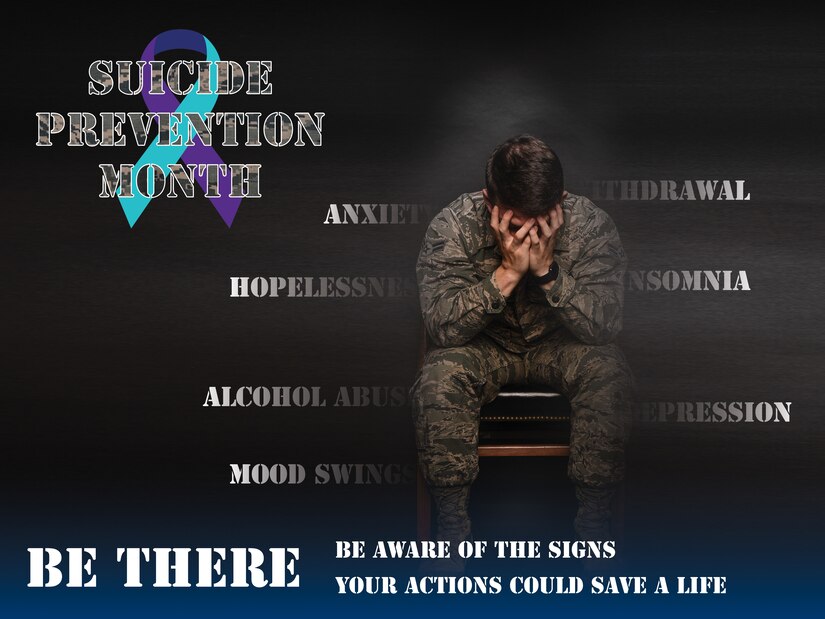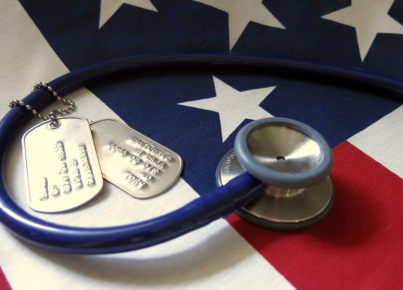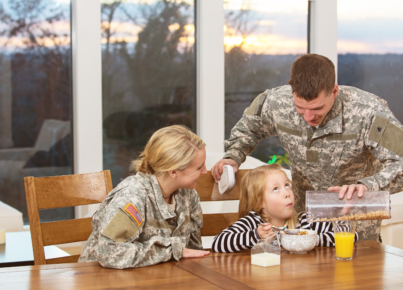PTSD might be a real concern with regards to suicides among veterans. Therefore, VA’s top clinical priority is preventing suicide among all Veterans — including those who do not, and may never, seek care within the VA health care system. As a Veteran, you can play a role in fulfilling this mission, and VA can equip you with tools to do your part. You can explore suicide prevention resources to build networks of support among community-based organizations, Veterans Service Organizations, health care providers, and other members of your community that strengthen protective factors for Veterans. (continue reading)
Unfortunately, suicides among our veterans and active-duty military personnel have remained at 20+ every day for nearly two decades. Most of these suicides have been attributed to traumatic brain injury (TBI) and/or post-traumatic stress disorder (PTSD). These two conditions have been identified as the signature wounds of the wars in Iraq and Afghanistan. Thus far, these “signature wounds” have been treated using traditional methods, primarily drugs and psychotherapy (talk therapy).
To offer a possible solution, this white paper addresses issues related to the on-going suicide epidemic among our veterans. It provides an overview of the problem and proposes actions that can help to bring an early end to this tragedy. Thus far, politicians and bureaucrats have been unable to reduce the unacceptable number of veterans suicides.
Take Care of Each Other
This despite almost two decades, countless dollars invested and the best efforts of the medical establishment. It is time for a new approach. Above all, It is time for veterans to do what veterans do best. “TAKE CARE OF EACH OTHER.” It is time to exercise the power vested in the dozens of veteran’s service organizations (VSO’s) and State Departments of Veterans Affairs.
Above all, these organizations are in business to provide needed services to veterans. It is time for these organizations to step forward and demand that veterans have insured access to alternative treatments. Those treatments should have been proven safe, effective, and far less costly than not treating those with wounded brains. “I am a PTSD survivor. I served in the U.S. Marine Corps and am currently the Chaplain of Marine Corps League Detachment 1049 as well as a Co-founder of the Marines Helping Heroes Foundation, a non-profit public charity dedicated to saving the lives of veterans suffering with traumatic brain injuries (TBI’s) and post-traumatic stress disorder (PTSD)”.(continue reading)







You must be logged in to post a comment.